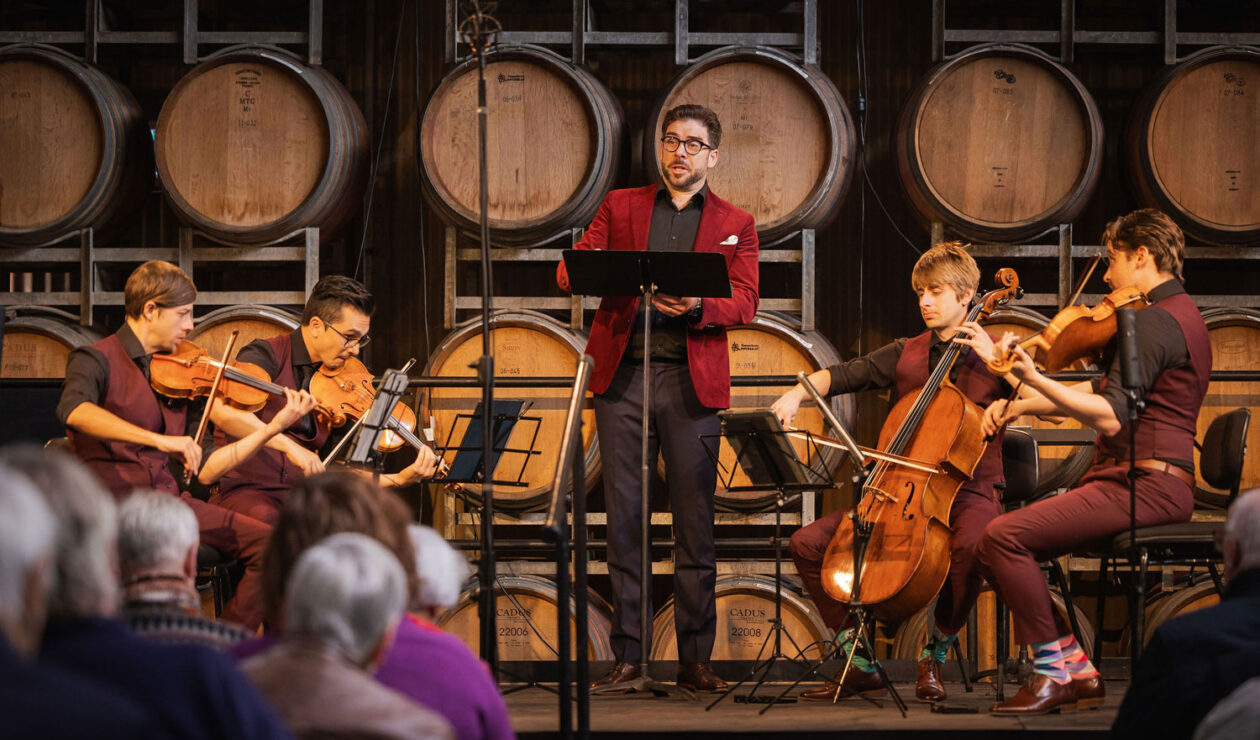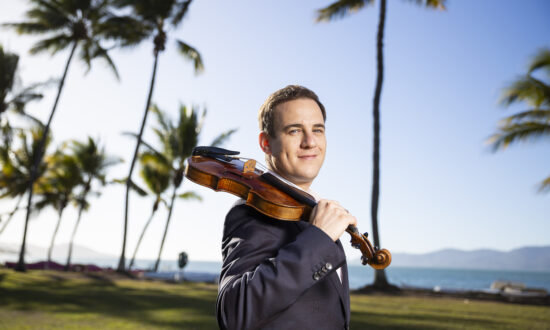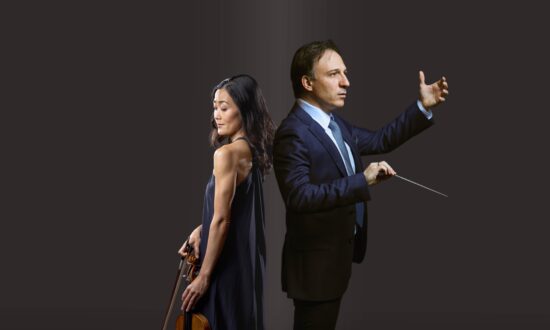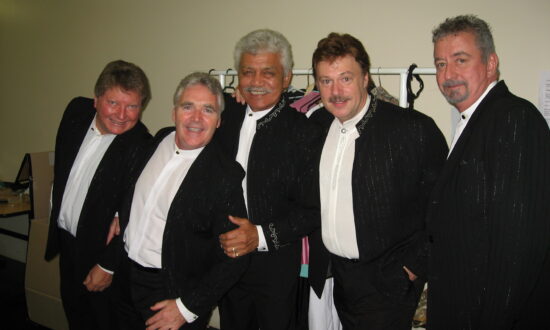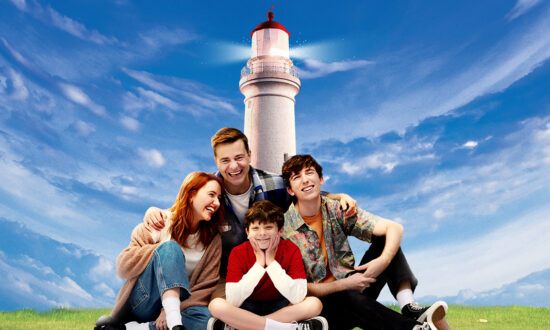Ambition is not a thing the Coriole Music Festival does by halves. In planning these weekends of chamber music, the curators tend to take on wide, over-arching themes and the programs can at first look unreachable in their complexity. But how stimulating they can turn out to be.
The artistic director this year, cellist Simon Cobcroft, devised a theme entitled To Find a Way Home – embracing the idea of physical belonging in all its multifarious forms and significations: a place to escape from, to return to, to dream about, and to agonise over. Waves of nostalgia in Vaughan Williams’ eclipsing “Songs of Travel”, delivered most arrestingly by baritone Samuel Dundas with Anna Goldsworthy at the piano, made an immediate mark.
In an altogether different way, Shostakovich’s Piano Trio No. 2, a pinnacle of 19th-century chamber music, spoke of the horrors experienced by Jews and dissidents in Russia under Stalinist rule. Lyrebird Trio’s engrossing, emotionally vivid performance of this gritty work, with Cobcroft on cello, was another clinching moment on day one.
If at times the festival tossed too many balls into the air at once, it hit home – one could say – in these performances. A tapestry of Peter Sculthorpe’s picture-postcard Australiana in “Djilile” and “Night Pieces”, Suk’s generic romanticism in his evocation of Czech antiquity in “Elegy”, and compatriot Smetana’s curious throwback to Robert Schumann in his Piano Trio in G Minor offered more questions than answers. Home can become a tangled thing.
If one is really lucky, a performance can nail it all down through sheer might, and this happened more than once. Konstantin Shamray, making a homecoming of his own to this city (he now lives in Melbourne), gave a towering account of Prokofiev’s “Fugitive Visions”. Interpretatively strong, disciplined and daring, this was among the finest playing we have heard from Shamray.
This lesser-heard work did not quite relate to the festival’s theme, as the 20 pieces that make up this collection are whimsical miniatures with no discernible extramusical meaning – Prokofiev himself called them Mimolyotnosti, or studies in fleetingness, before the tag “Fugitive Visions” was added. Nevertheless, the title sounds political and congruent, so that was okay. Even more with Shamray at the keyboard. He is right in the zone with these miniatures, giving them a height that felt boundless.
The piano, though, was sadly not up to it. A rather lovely looking but decidedly small Shigeru Kawai, it lost power in the upper treble and suffered a curtailed bottom. Maybe fine for Mozart, but nowhere big enough for Prokofiev.
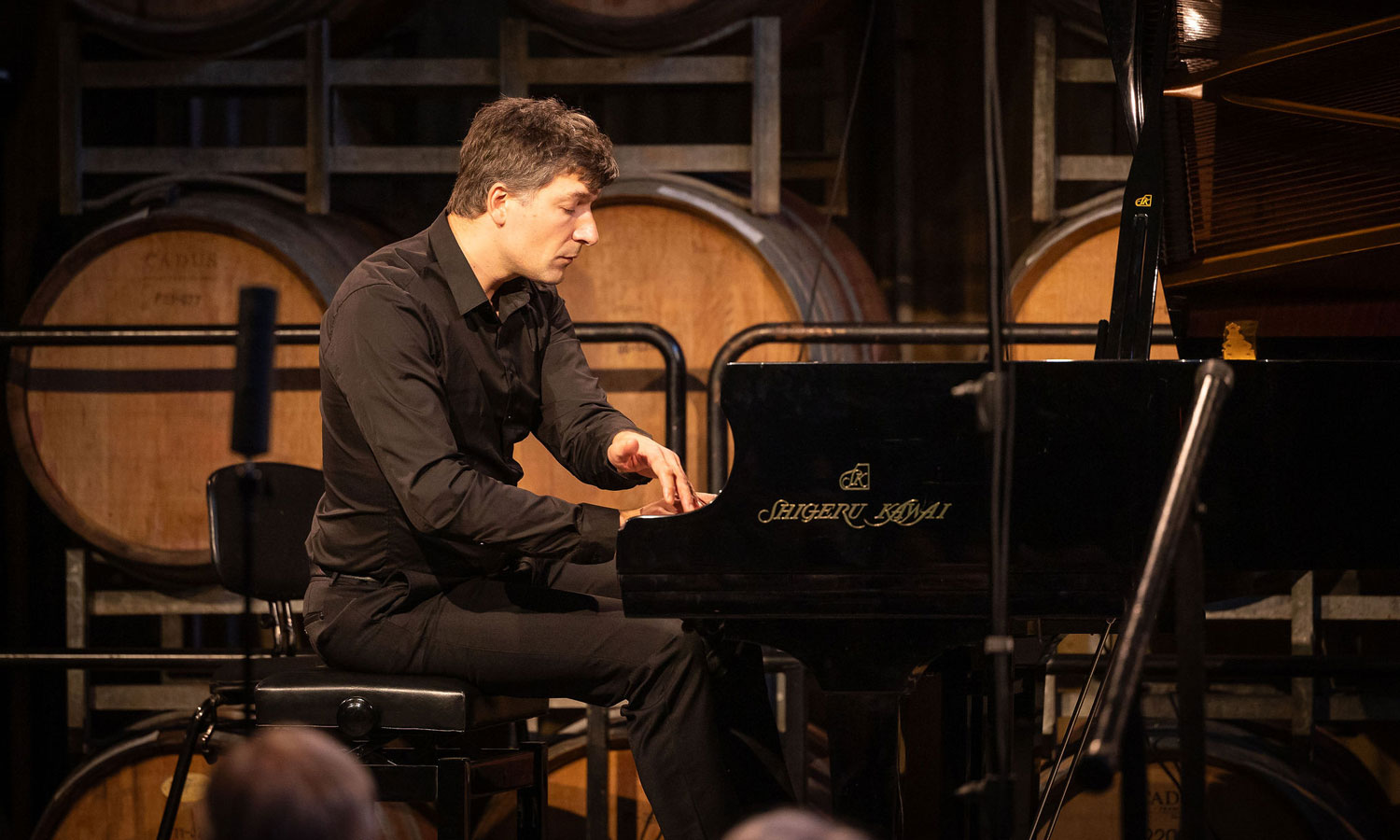
Konstantin Shamray made a homecoming of his own at Coriole Music Festival. Photo: Jamois
Day two kept up this power, with two string quartets doing battle in Osvaldo Golijov’s extraordinary “Last Round”. This brought to the stage Orava Quartet, Brisbane’s high-achieving string quartet formed around brothers Daniel and Karol Kowalik – respectively the group’s first violinist and cellist. Alongside them in this were Lyrebird Trio’s accomplished violinist Glenn Christensen, the equally fine violinist Doretta Balkizas, violist Justin Julian, bassist Jaan Pallandi, and again Cobcroft.
“Last Round” pits the players against each other like a boxing match in pulsating tango rhythms inspired by Piazzolla. Visceral, gutsy and played with razor-edged precision, Golijov’s music is heat-of-the-moment stuff.
Orava Quartet were breathtaking in their own pieces. Erwin Schulhoff’s String Quartet No. 1 witnessed the tightest and cohesively most impressive quartet playing ever seen at Coriole, and the work itself came as a total surprise. Rhythmically energised and contemporary-sounding, it could have been written yesterday, yet it dates from exactly a century ago, before this Austro-Czech composer died at the hands of the Nazis for his Jewish background.
An unprogrammed bonus was hearing yet more dazzling playing from Orava Quartet in Wojciech Kilar’s “Orawa”, a piece inspired by traditional Polish folk fiddling. Just as this young group from Queensland draws its name from the Orawa region of southern Poland on account of their family’s ancestry, so does this brilliant piece. One simply couldn’t get enough of their playing. Orava possess an artistic drive and a level of technical sheen that propels quartet playing to new heights.

Get InReview in your inbox – free each Saturday. Local arts and culture – covered.
Thanks for signing up to the InReview newsletter.
Commissioned by the festival, Annie Hui-Hsin Hsieh’s new piano trio, “Dreamcrawler”, was intriguing if not entirely successful. Disc-shaped “bone conduction speakers” affixed to the instruments turned them into resonating bodies for additional layers of electronic sounds in this piece. In places it was ethereal and quite beautiful, although balance problems hampered the performance.
Two of the most joyous experiences this year were Samuel Dundas partnering with Orava Quartet in Barber’s startlingly impassioned art-song “Dover Beach”, and all the string players re-joining in the last work, Olli Mustonen’s Nonet No. 2. Here was warmth, beauty and musicianship of the highest level.
The 2024 Coriole Music Festival was presented at Coriole Vineyards in McLaren Vale on May 18 and 19.
Support local arts journalism
Your support will help us continue the important work of InReview in publishing free professional journalism that celebrates, interrogates and amplifies arts and culture in South Australia.
Donate Here
